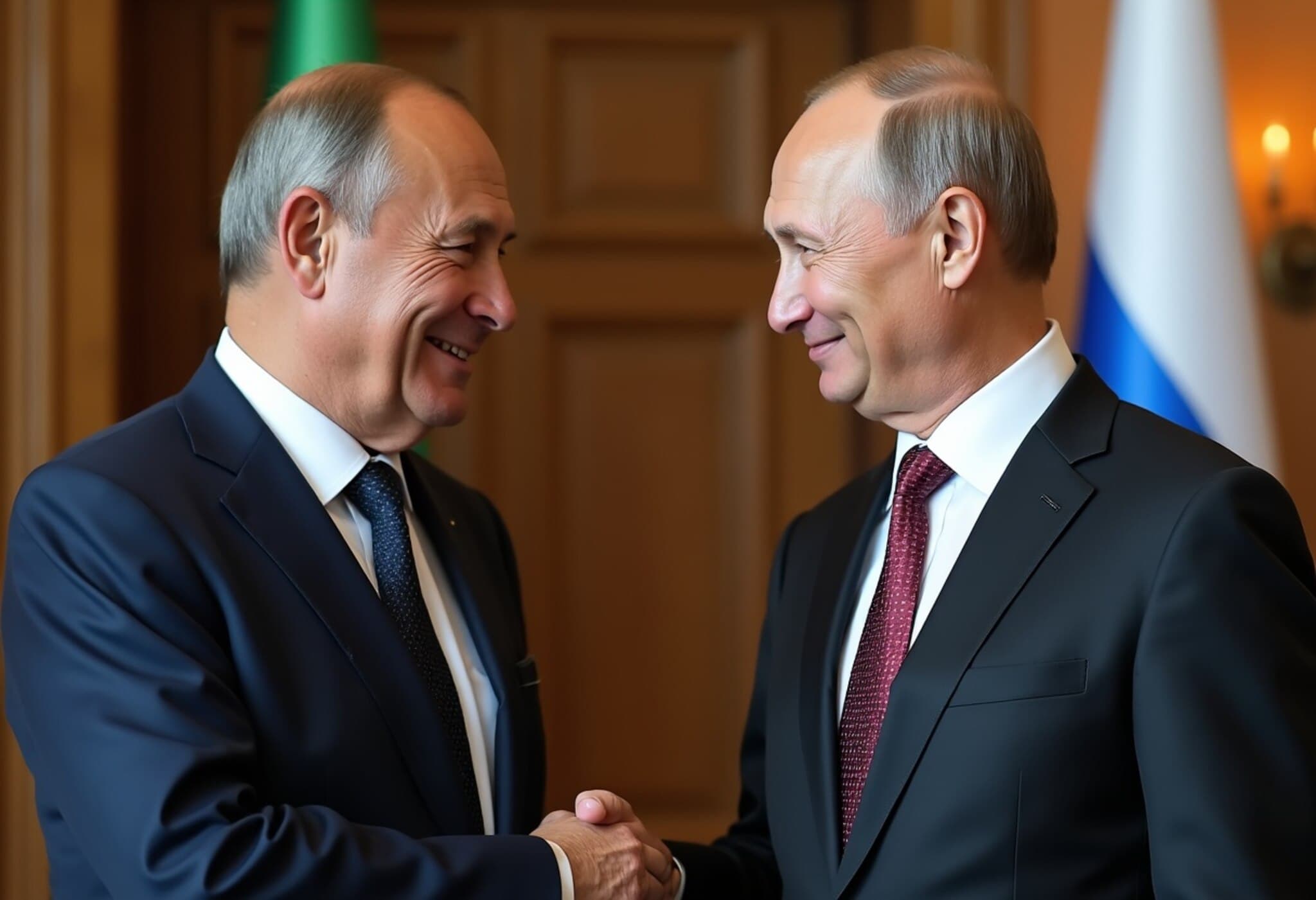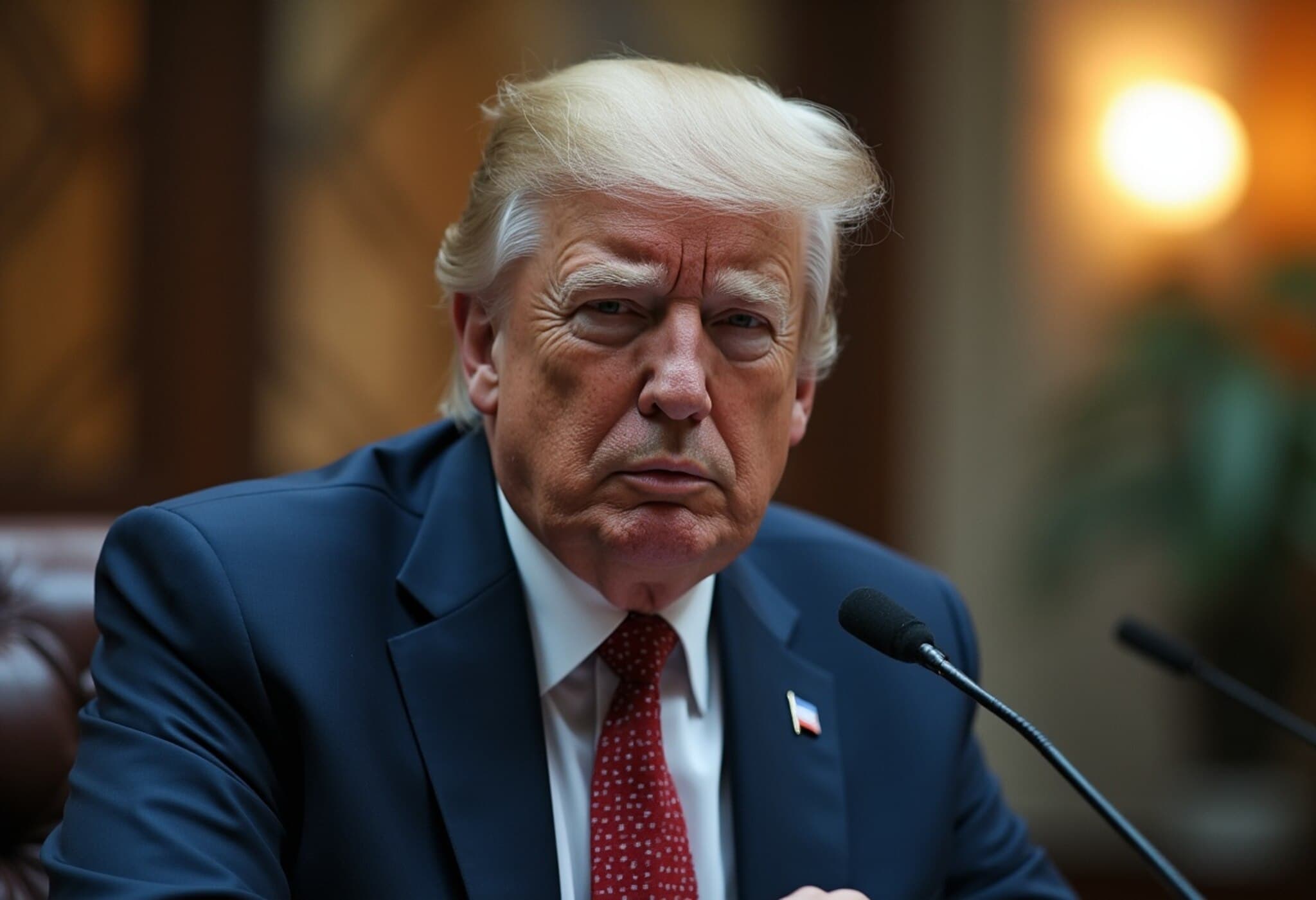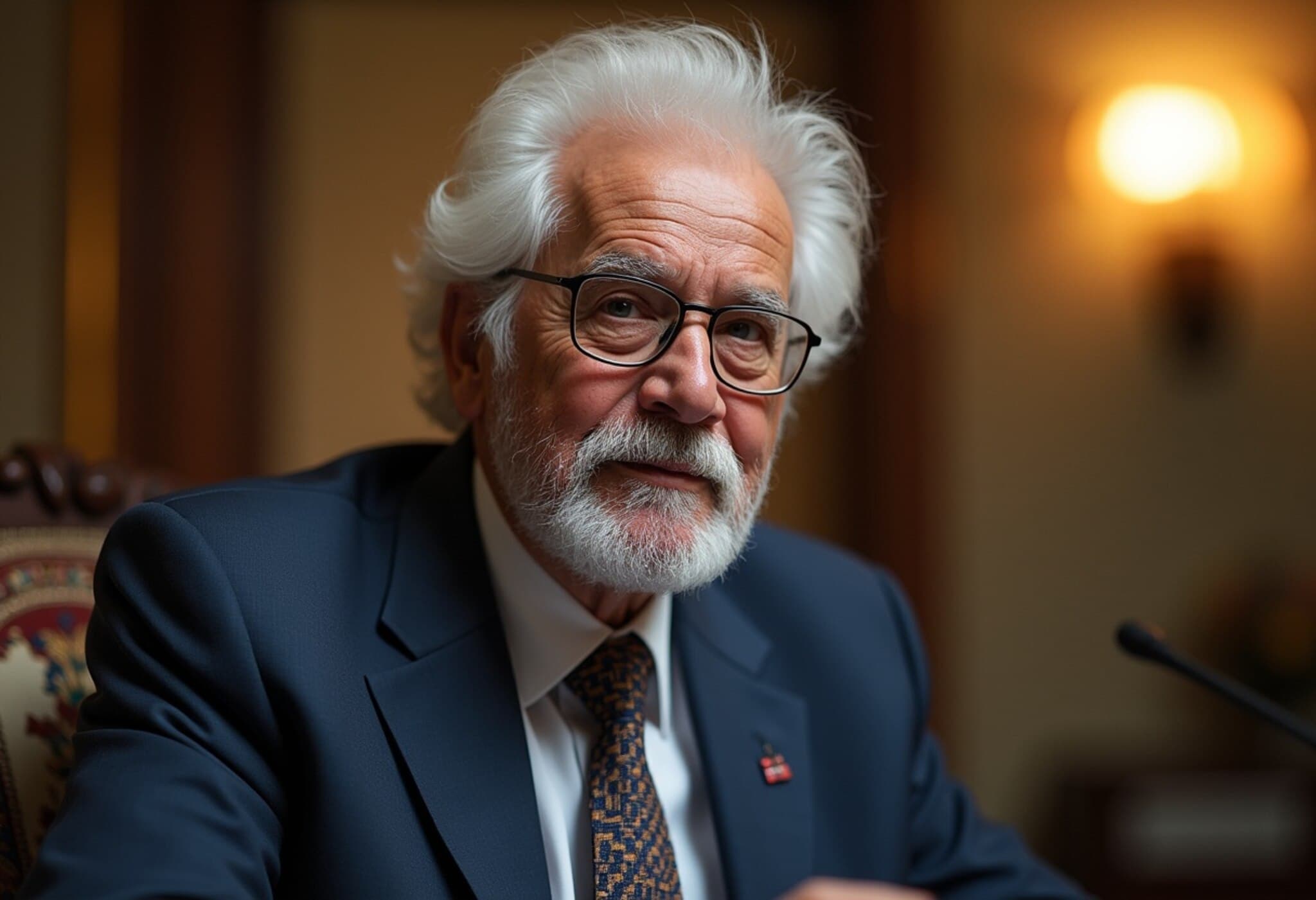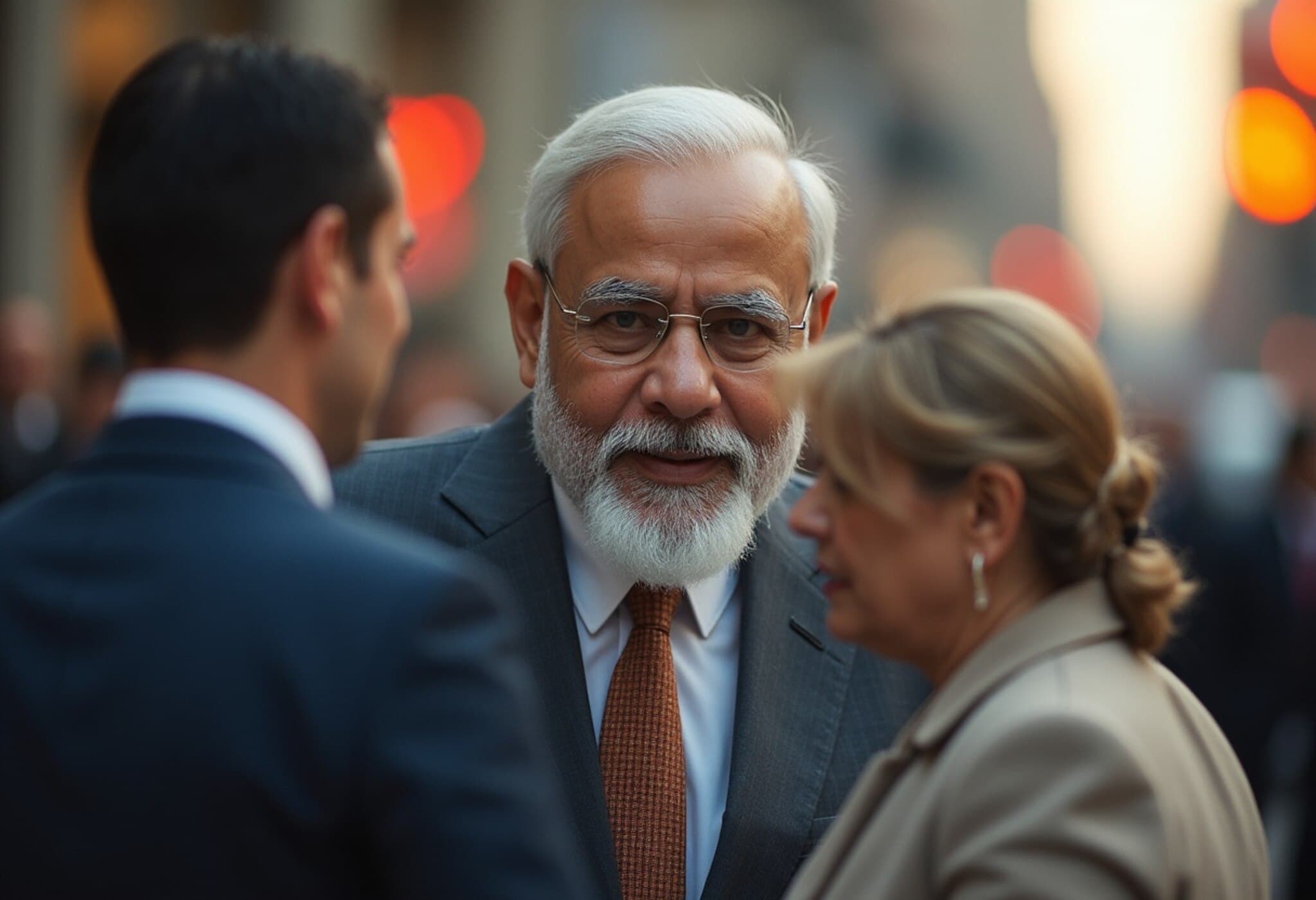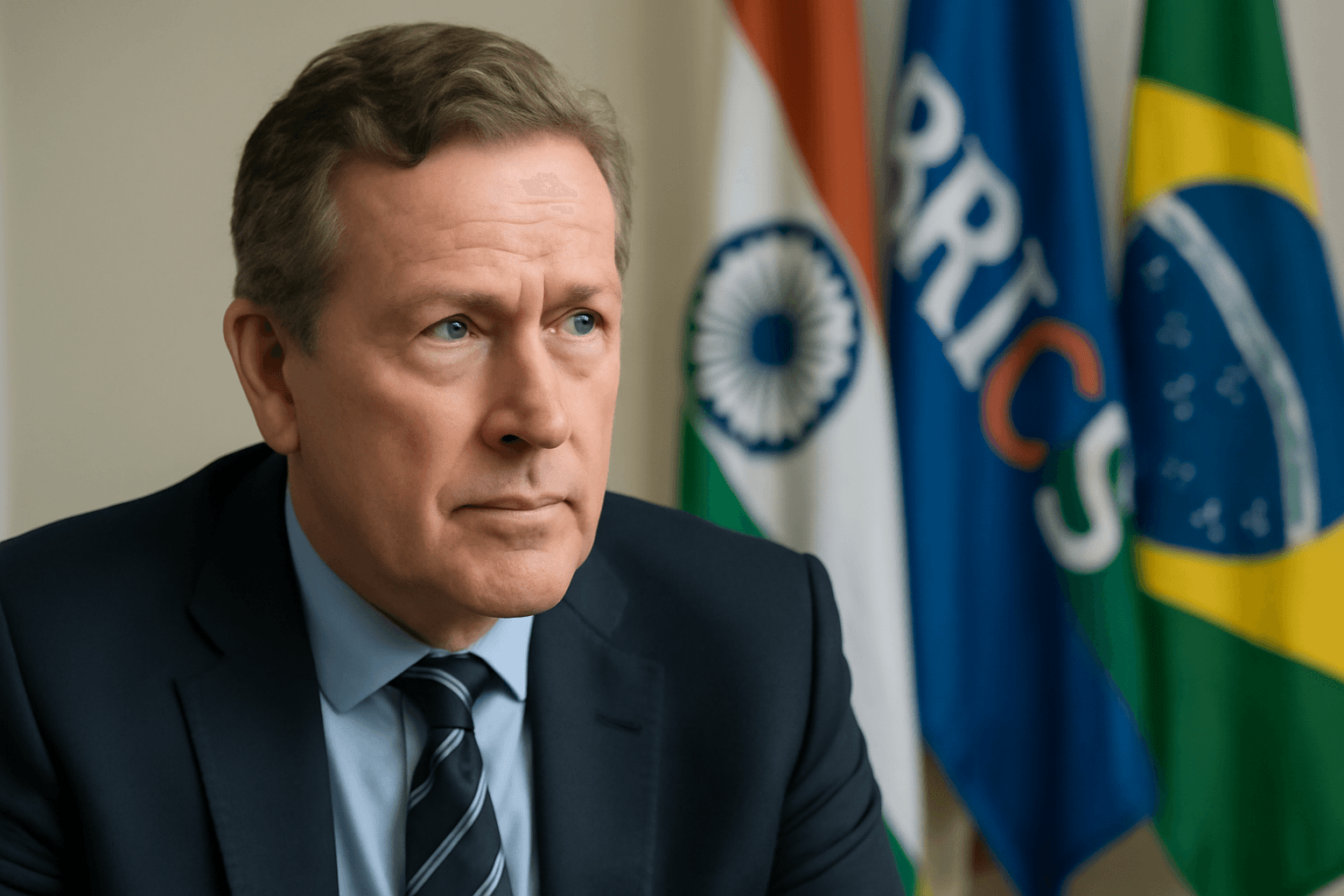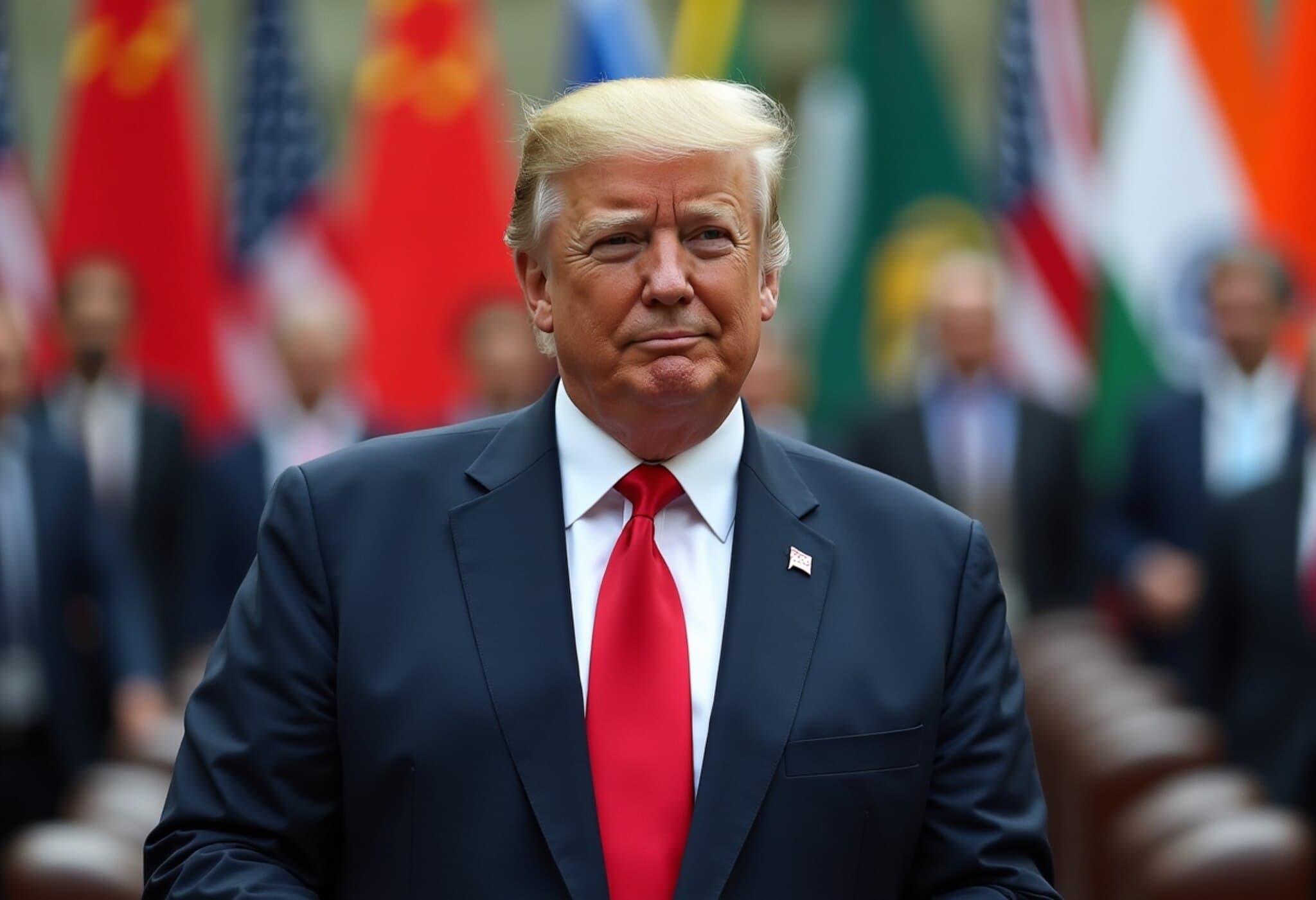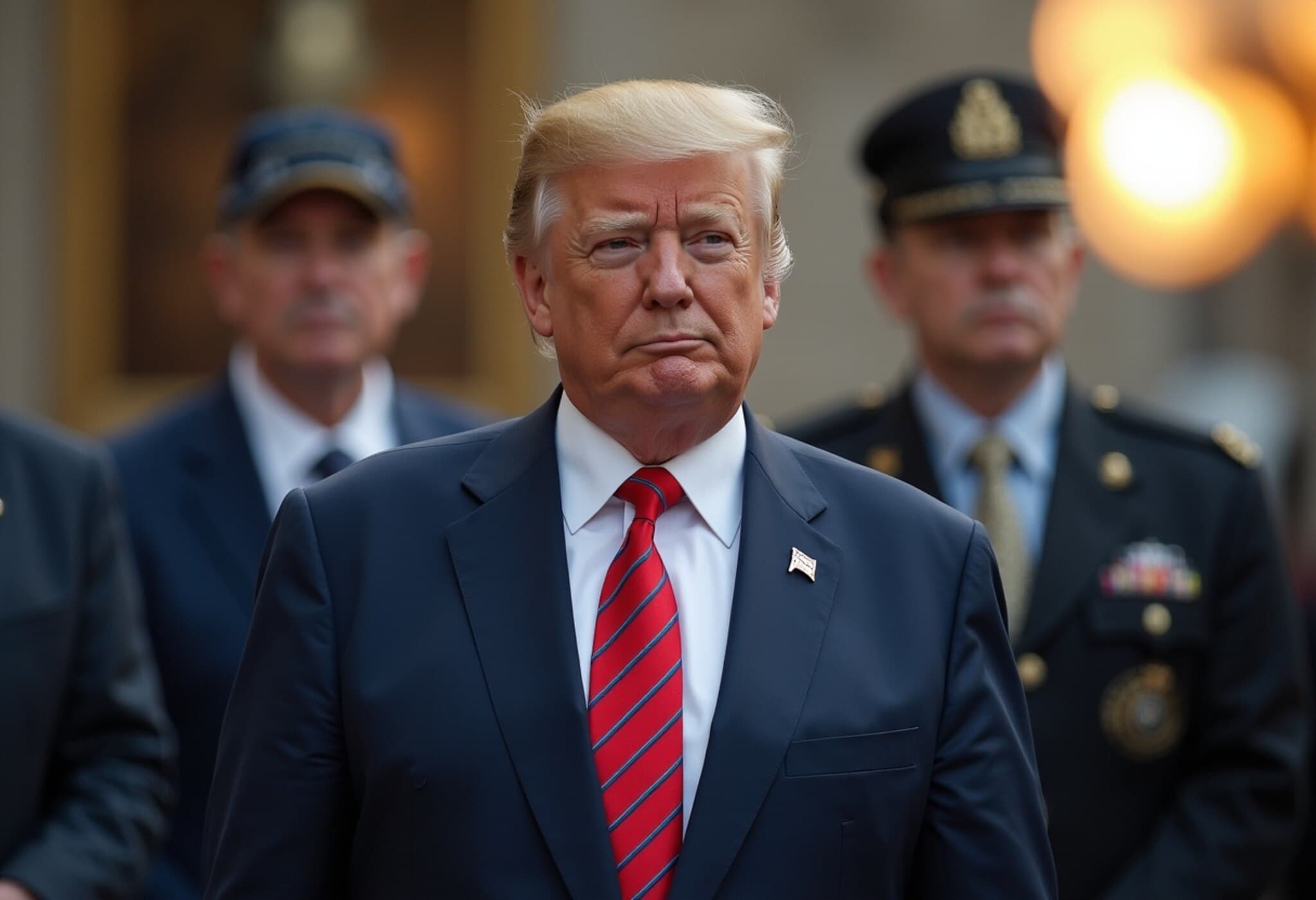Brazil's Lula and Russia's Putin Engage in Strategic Dialogue on BRICS and Ukraine
In a significant diplomatic exchange on August 10, 2025, Brazilian President Luiz Inacio Lula da Silva held a comprehensive 40-minute conversation with Russian President Vladimir Putin. This dialogue occurred amid heightened global tensions as Russia prepares for a pivotal meeting with US President Donald Trump next week.
Focus on BRICS Cooperation
During the call, the leaders delved deeply into cooperation within the BRICS bloc—a powerful alliance of emerging economies including Brazil, Russia, India, China, and South Africa. They examined the evolving international political and economic landscape, emphasizing a unified approach to counterbalance Western economic pressures, particularly those stemming from US trade policies.
Peace Efforts in Ukraine Highlighted
Putin updated Lula on recent developments and efforts to promote peace in Ukraine, a conflict that remains at the core of geopolitical instability. The Kremlin’s outreach to BRICS partners is part of a broader strategy to build international support and legitimacy ahead of Russia’s anticipated high-stakes talks with the United States.
Building Momentum Before US-Russia Summit
This discussion is part of a wider series of diplomatic engagements by Putin in recent days. He has communicated with key BRICS leaders, including China’s President Xi Jinping and Indian Prime Minister Narendra Modi, as well as leaders from Central Asia and Europe. These calls are strategically aimed at consolidating support before the upcoming US-Russia summit.
Trade Tensions and Tariff Retaliation
The political backdrop is complicated by ongoing trade tensions between the US and Brazil. President Lula has publicly criticized US-imposed tariffs on Brazilian imports, including a 50% levy linked to disputes dating back to former President Jair Bolsonaro’s administration. In response, Lula has been actively coordinating with other BRICS leaders to formulate a joint stance against these tariffs. Notably, Prime Minister Modi of India engaged in discussions with Lula, signaling a collective economic front.
Expert Insight: BRICS as a Counterbalance to Western Hegemony
From a policy analysis perspective, this dialogue underscores how BRICS nations are increasingly positioning themselves as a counterweight to Western-dominated global institutions. For the US, these unfolding dynamics pose complex challenges regarding trade, diplomacy, and the geopolitical order. The upcoming US-Russia talks could reverberate across international economic alliances, influencing global markets and diplomatic alliances.
Implications for Global Diplomacy
The conversations between Lula and Putin reflect a subtle but consequential shift in international relations. As the war in Ukraine continues to destabilize regional security, the involvement and alignment of emerging economies could shape the trajectory of peace negotiations. Moreover, Brazil’s proactive diplomatic posture illustrates how middle powers are leveraging multilateral platforms to assert economic sovereignty and political influence.
Looking Ahead
The global community will keenly observe the forthcoming US-Russia summit, anticipating if and how these dialogues translate into tangible policy outcomes. Lula’s engagement, along with coordinated BRICS responses, may well influence both the peace process in Ukraine and the broader contest over economic globalization frameworks.
What’s Next?
- Will the BRICS coalition solidify a unified response to Western trade pressures?
- How might the US respond if BRICS nations collectively push back on tariffs?
- Can the renewed diplomatic exchanges pave a credible path toward peace in Ukraine?
Editor's Note
This interaction between Lula and Putin is more than a diplomatic courtesy—it reflects shifting tides in global alliances and economic policies. As the US-Russia meeting approaches, understanding the roles emerging economies play is crucial for comprehending future geopolitical and trade landscapes. Readers should watch for evolving narratives on BRICS' influence and the impacts of US tariffs, which have wide-reaching consequences beyond immediate bilateral disputes.

